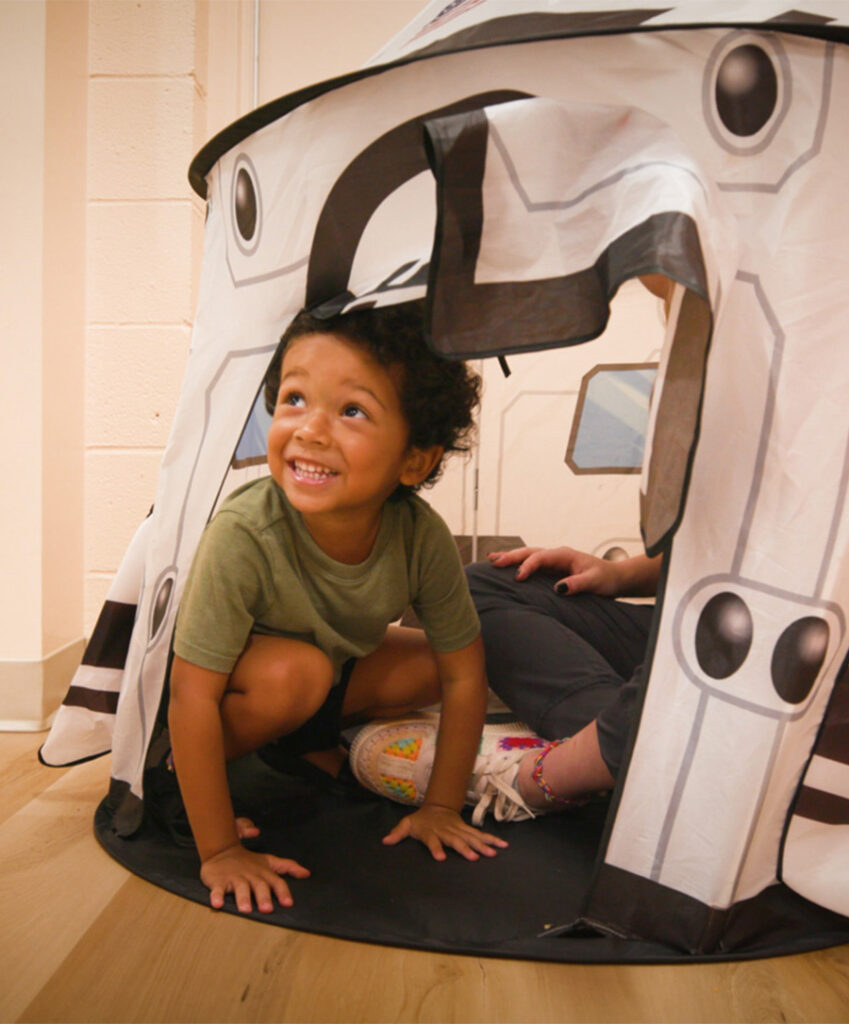For families navigating the possibility of an autism diagnosis for their child, understanding the available evaluation tools can provide clarity and reassurance. One such tool that plays a significant role in early autism diagnosis is the CARS2 assessment, short for the Childhood Autism Rating Scale, Second Edition.
This standardized tool is widely used to help professionals evaluate behaviors associated with autism and is instrumental in guiding timely diagnosis and intervention. Reach out today to learn more about our autism diagnostic evaluation process.
What Is the CARS2 Assessment?
The Childhood Autism Rating Scale, commonly referred to as the CARS2, is a diagnostic tool used to identify and evaluate autism spectrum disorder (ASD) in children. Its primary focus is to measure the severity of autism-related behaviors based on direct observation and family input.
One of the reasons the CARS2 assessment is valued among professionals is its versatility. Designed to assess children as young as two years old through to adolescence, the tool accommodates a wide range of behavioral expressions, ensuring a holistic evaluation.
Unlike tests that focus solely on communication or cognitive abilities, the CARS2 takes a broader approach. It evaluates areas such as social communication, emotional responses, body movement, and sensory sensitivities. This comprehensive perspective helps clinicians gather detailed insights into a child’s strengths and challenges.
How Does the CARS2 Support Diagnostic Evaluation for Autism?
The CARS2 assessment assists in determining whether a child’s behaviors align with characteristics of autism. Importantly, it doesn’t replace clinical judgment but complements other diagnostic tools and methods as part of a broader diagnostic evaluation for autism.
Parents often play an essential role in this process by sharing observations about their child’s development, responses to social situations, and typical behaviors at home or in other settings. This information is combined with the structured format of the CARS2 to create a nuanced picture of the child’s needs.
Understanding the CARS2 Rating Scales
The CARS2 is made up of two distinct rating scales, with each one tailored to different groups of children based on their communication abilities and cognitive development. Professionals carefully select the appropriate CARS2 rating scale to ensure accurate assessment results.
1. CARS2-ST (Standard Version)
The CARS2-ST scale is designed for children under the age of six or those with communication delays. It evaluates 15 domains of behavior that capture a wide spectrum of autism-related symptoms. Examples of these domains include imitation, emotional expression, and adaptation to change.
Each domain is rated based on the frequency and intensity of specific behaviors, using straightforward scoring that ranges from “within normal limits” to “severely abnormal.” The cumulative scores then help define the level of autism symptoms, classifying them as mild-to-moderate or severe.
For parents, the CARS2-ST provides clear insights into how their child’s behaviors may align with autism characteristics. This information can be an important step in understanding their child’s unique developmental profile.
2. CARS2-HF (High-Functioning Version)
The CARS2-HF scale is intended for children over the age of six who have fluent verbal communication and average to above-average cognitive abilities. This version of the CARS2 is especially useful for evaluating high-functioning individuals on the autism spectrum, who may present subtler social and emotional challenges compared to children with more significant developmental delays.
Much like the standard version, the CARS2-HF evaluates a range of behavioral areas. However, its criteria are adapted to better capture the nuanced behaviors often seen in older children or those with advanced verbal skills.
Caregiver Feedback Form
The CARS2 assessment also includes a caregiver feedback form, empowering caregivers to contribute their experiences and observations. This input ensures the assessment reflects not only what the clinician observes in the evaluation setting, but also how the child behaves in familiar environments, such as at home or school.
Why Is the CARS2 Assessment Important?
Early diagnosis is crucial for children with autism, as it allows families to access intervention services and supports sooner. The CARS2 plays a vital role in this process by providing a structured, evidence-based method of evaluating behaviors across multiple domains.
The information gained from a CARS2 assessment helps clinicians, families, and educators work collaboratively to design personalized treatment plans. Whether through speech therapy, behavioral interventions, or sensory supports, the insights gathered from the CARS2 guide decisions that promote the child’s development and well-being.
How Can Caregivers Prepare for the CARS2 Assessment?
If your child is scheduled for a CARS2 evaluation, you can help by sharing observations about their everyday behavior. Write down examples of how they respond to social interactions, handle transitions, or engage with their surroundings. This information complements the structured evaluation and ensures the results are as accurate and comprehensive as possible.
Reach Out Today
The CARS2 assessment is a trusted tool in the diagnostic evaluation for autism, offering detailed insights into a child’s behaviors and developmental needs. By understanding the different CARS2 rating scales and their purpose, families can feel more informed and prepared as they engage in the evaluation process.
At Children’s Specialized ABA, we support families throughout their autism diagnosis and intervention journeys. If you have questions about the CARS2 assessment or other evaluation tools, we’re here to guide you toward the resources and care your child needs to thrive. Together, we can build a brighter future for your family. Call 201.979.0772 or reach out online.






